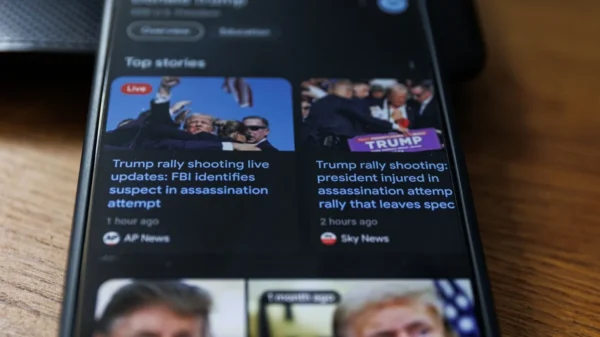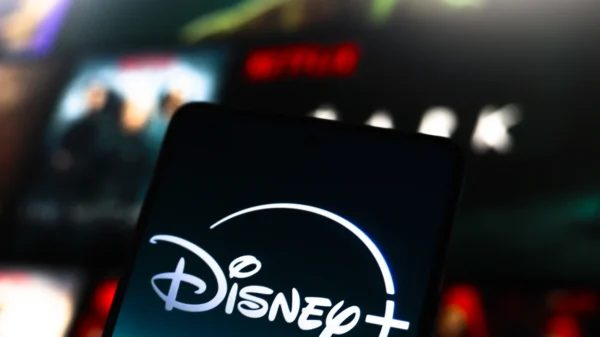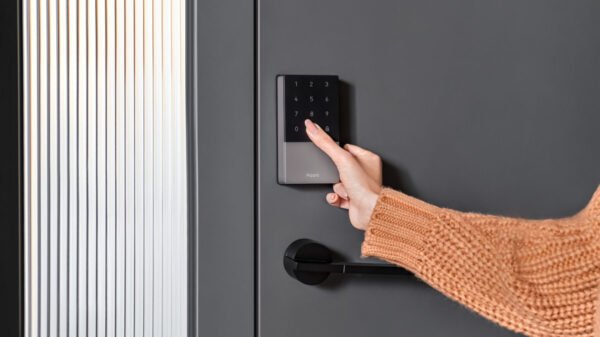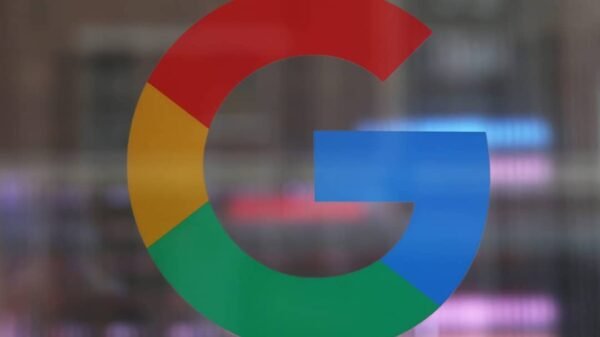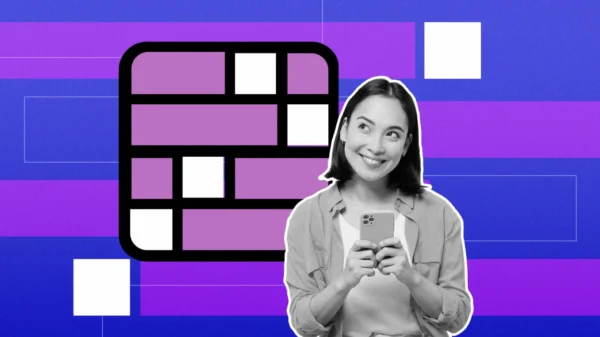Apple faced a lawsuit relating to disabling FaceTime on iOS 6 and earlier software in 2014, the motion to dismiss the lawsuit was denied by United States district judge Lucy Koh. The lawsuit was filed by a California native and iPhone 4 owner named Christina Grace who claims Apple intentionally broke FaceTime on the iOS 6 and earlier models of their iPhones by disabling a digital certificate that caused the service to stop working.
Another California native named Ken Patter later filed the same lawsuit against Apple, at this time FaceTime had abruptly stopped working for all iOS 6 and earlier users in April 2014, Apple blamed the technical error on a bug in the that resulted from a device certificate that expired on that date, Apple advised users to update to iOS 7 in order to resolve the issue. However, despite the issue being resolved the lawsuit still claimed that Apple purposely broke FaceTime in order to increase their sales for more iPhones and other devices.
FaceTime originally worked by using a peer-to-peer method that linked two iPhones directly together, and the method relied on the use of data servers from the content delivery company Akamai Technologies. Apple was apparently paying $50 million in fees according to a testimony from VirnetX trial, the company whose patents Apple’s FaceTime technology infringed upon. This problem was solved by Apple with the creation of the iOS 7 in September 2013, however, because not all users upgraded, iOS 6 and older users found it very suspicious that FaceTime on their devices broke soon after iOS 7 was released.
The lawsuit alleges that Apple did it purposely to stop paying it’s millions in fees to Akamai, updating the iOS software sounds like it would’ve been a simple solution for the plaintiffs, but the plaintiffs argued that iOS 7 caused performance, Wi-Fi, and Bluetooth issues and even cited articles online backing their claims. Apple’s counter argument was that The plaintiffs did not experience these issues on their own phones and were not entitled to error free FaceTime service under the terms of the iOS Software License Agreement. The lawsuit applies to all iPhone 4 or iPhone 4s owners who also experienced this issue with their FaceTime service after having iOS 6 or earlier version installed on their phone on their phones on April 16, 2014. According to the plaintiffs Apple’s alleged actions violate California’s Unfair Competition Law and the plaintiffs are still seeking a jury trial. Further information on the case may be released by Apple once it has been heard by a judge.


